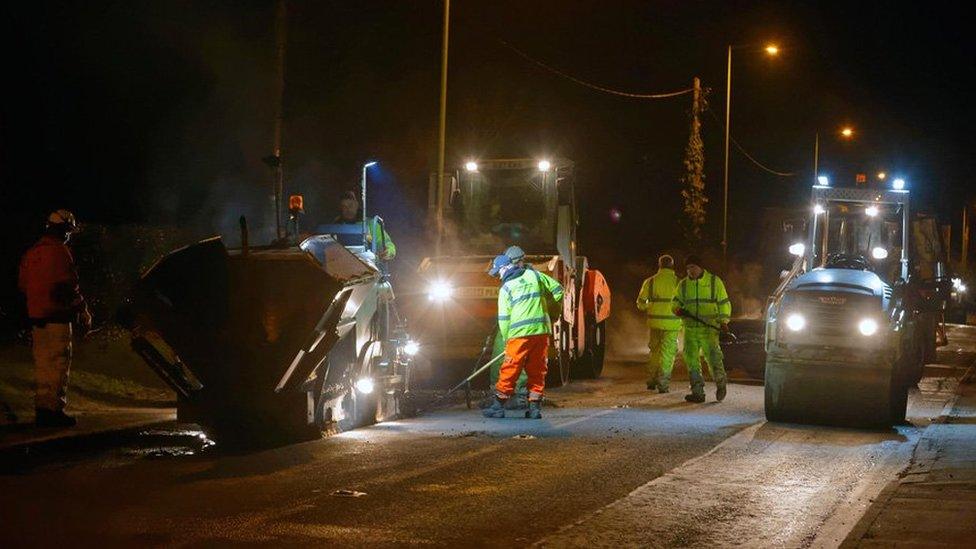Breast cancer risk 'not increased' by night shifts
- Published

Working night shifts has "little or no effect" on a woman's risk of developing breast cancer, new research suggests.
In 2007, a World Health Organization committee said shift work "probably" had a link to breast cancer, based on studies of animals and people.
But this new work by leading UK cancer experts looked at data on 1.4m women and found there was no association with night shift work.
Cancer Research UK (CRUK) said it hoped the findings would reassure women.
The International Agency for Research on Cancer (IARC) made its ruling in 2007 because of shift work's disruption to the body clock.
At that time there was limited evidence about breast cancer risk in humans, so the classification was mainly based on a combination of animal and lab studies.
The new research is published in the Journal of the National Cancer Institute.
Funded by the UK Health and Safety Executive, Cancer Research UK and the UK Medical Research Council, it looked at data from 10 different studies from the UK, USA, China, Sweden and the Netherlands.
Compared with women who had never worked night shifts, those who had done some overnight work - even for 20 to 30 years - had no increased risk of breast cancer.
The researchers found that the incidence of breast cancer was essentially the same whether someone did no night shift work at all or did night shift work for several decades.
On average, 14% of women in the UK have ever worked nights and 2% have worked nights for 20 or more years.
Each year in the UK around 53,300 women are diagnosed with breast cancer, and around 11,500 die from the disease.
Headlines
CRUK-funded scientist Dr Ruth Travis, who led the research and is based at the University of Oxford, said: "We found that women who had worked night shifts, including long-term night shifts, were not more likely to develop breast cancer, either in the three new UK studies or when we combined results from all 10 studies that had published relevant data."
Sarah Williams, CRUK's health information manager, said: "This study is the largest of its kind and has found no link between breast cancer and working night shifts.
"Research over the past years suggesting there was a link has made big headlines and we hope that today's news reassures women who work night shifts.
"Breast cancer is the most common cancer in the UK and research to fully understand the different risk factors is vital so that we can give women clear health advice.
"Women can reduce their risk of breast cancer by keeping a healthy weight, drinking less alcohol and being active."
- Published27 July 2015

- Published12 May 2014
